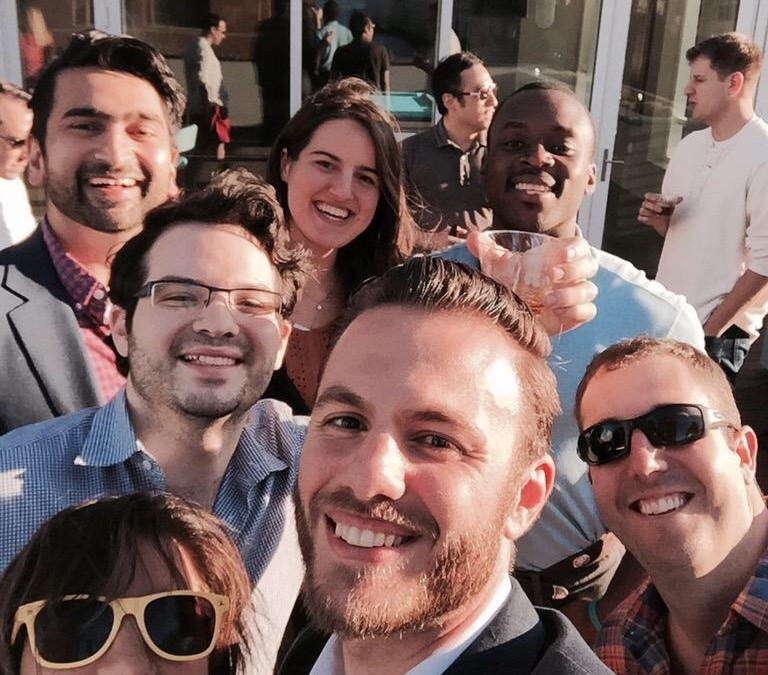by Himanshu Agrawal
As a part of my GEIR responsibilities, I was asked to offer a semester long projects for a IT Capstone class of 2018. The course aims to prepare students for ‘successful careers in the industry’. As I began thinking about how to structure the projects in order to realize this goal, I decided to use my own personal experience and how I progressed in my own career.
I find that ‘a way’ of progressing in one’s career is to keep completing one’s assignments/projects successfully. I don’t claim that this method is either necessary or sufficient but can assure you that it is known to work. Now, does the nature of projects change over time? Again, in my experience, it surely does! I find that gradually projects become more and more ‘oblique’. For example, at an entry level job, one is often expected to do un-exiting formulaic jobs; whereas a CEO has to deal with the most ill-defined and open-ended responsibility – Make the business more successful! There is no flow-chart for that!
In this form of obliquity, as one progresses through their career, project requirements gradually become more and more vague. Furthermore, the ways to deliver become more and more unclear. In my experience, it is in this framework that one’s creativity, entrepreneurship, persistence and motivation are tested. The ones who deliver very often progress.
So in order to prepare our students for successful careers, I decided to structure the projects a little obliquely. Rather than, giving them a list of instructions and jobs-to-do, I defined an overall objective, and a success criteria. The students had to come up with their own novel ideas, and implement them in a finite amount of time.
The most interesting part of the project was the interim meetings. Interestingly, most students initially struggled with the idea of not being told what-to-do. In fact, in the initial few meetings, often concerns were voiced that the ‘project requirements’ were not clear. Within a couple of weeks however, almost everyone realized what was really required.
In the later meetings, I was particularly pleased to note a key frustation amongst the students – that whilst they had really good ideas, they did not have the time to implement them. This is another problem innovators face all the time. Two groups showed remarkable ability in handling this. One simply worked harder, the other prioritised and even ‘ditched’ some good ideas. Members of one group also seemed to deal with some interpersonal dissatisfaction in team, because it was felt by some that not everyone was pulling their weight.
In the final presentation, each group presented good ideas and implementations. Still, in my opinion the project’s aim was to expose students to the demands of ‘oblique assignments’ – particularly in short timelines and requiring teamwork and collaboration. This project was a great learning experience for me too. I learnt a thing or two about keeping people motivated and getting their best out of them. As a GEIR, I am certainly looking forward to the next semester.
Himanshu is a Global Entrepreneur in Residence at the VDC, and founder of Verbotics, an NLP/AI startup. He studied Computational Linguistics at University of Cambridge UK, and Computer Science at IIIT Hyderabad, India. Prior to starting Verbotics, he worked for 9+ years in the Fin-Tech and Health-Tech industries in India, UK, and the US. He has hands on experience in both research and development, and technology sales. Himanshu’s interests include human languages, AI, parallel computing, films, science trivia, geo-economics, folk music.
General office hours: Twice a week; days vary depending on the week. Please email to schedule a meeting at h@verbotics.io.

